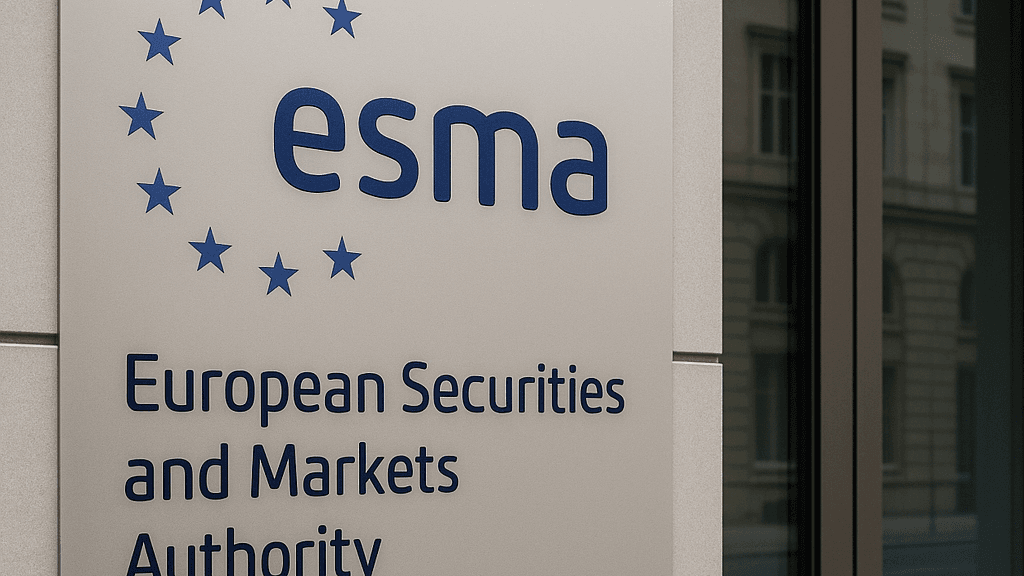🇫🇷 Unified Crypto Oversight in Europe
The Bank of France has recommended that the European Union assign direct supervision of major cryptocurrency companies to the European Securities and Markets Authority (ESMA). According to François Villeroy de Galhau, this step would ensure consistent regulatory standards across the EU.
Simultaneously, the European Central Bank (ECB) and the Bank of France are advocating for restrictions on multi-issuance of stablecoins, aiming to reduce regulatory arbitrage and enhance market stability.
Current Regulatory Gaps
Under the current MiCA framework, crypto firms licensed in one EU member state can operate across the bloc using a “passporting” system. Villeroy de Galhau highlighted that this creates uneven oversight and potential risks, particularly for globally active stablecoins.
- Major stablecoin issuers like Circle (USDC, $76B market cap) utilize multi-issuance models, holding licenses in France while issuing tokens elsewhere in Europe.
- EU rules require stablecoin issuers to maintain reserves in at least one member state, yet allow simultaneous issuance outside the bloc.
Regulatory Tensions
Industry associations, including Blockchain For Europe, Electronic Money Association, and Digital Euro Association, have urged the European Commission to clarify rules regarding multi-issuance. They warn that strict restrictions could reduce Europe’s competitive edge in the global crypto market.
“Revising the established principle for globally significant stablecoins risks leaving Europe behind,” the associations stated in a joint letter to EU Financial Services Commissioner Maria Luís Albuquerque.
The EU Commission is preparing a plan to make ESMA the official crypto regulator, while France has suggested potential blocking measures against some MiCAR-licensed crypto companies operating under foreign jurisdictions.
🪙 Implications for the Market
If approved, these measures would:
- Centralize crypto supervision under ESMA, ensuring consistent standards.
- Limit multi-jurisdiction issuance of stablecoins in Europe.
- Strengthen MiCA regulations to reduce systemic risks.
- Potentially affect major stablecoin operators and other cross-border crypto businesses.


